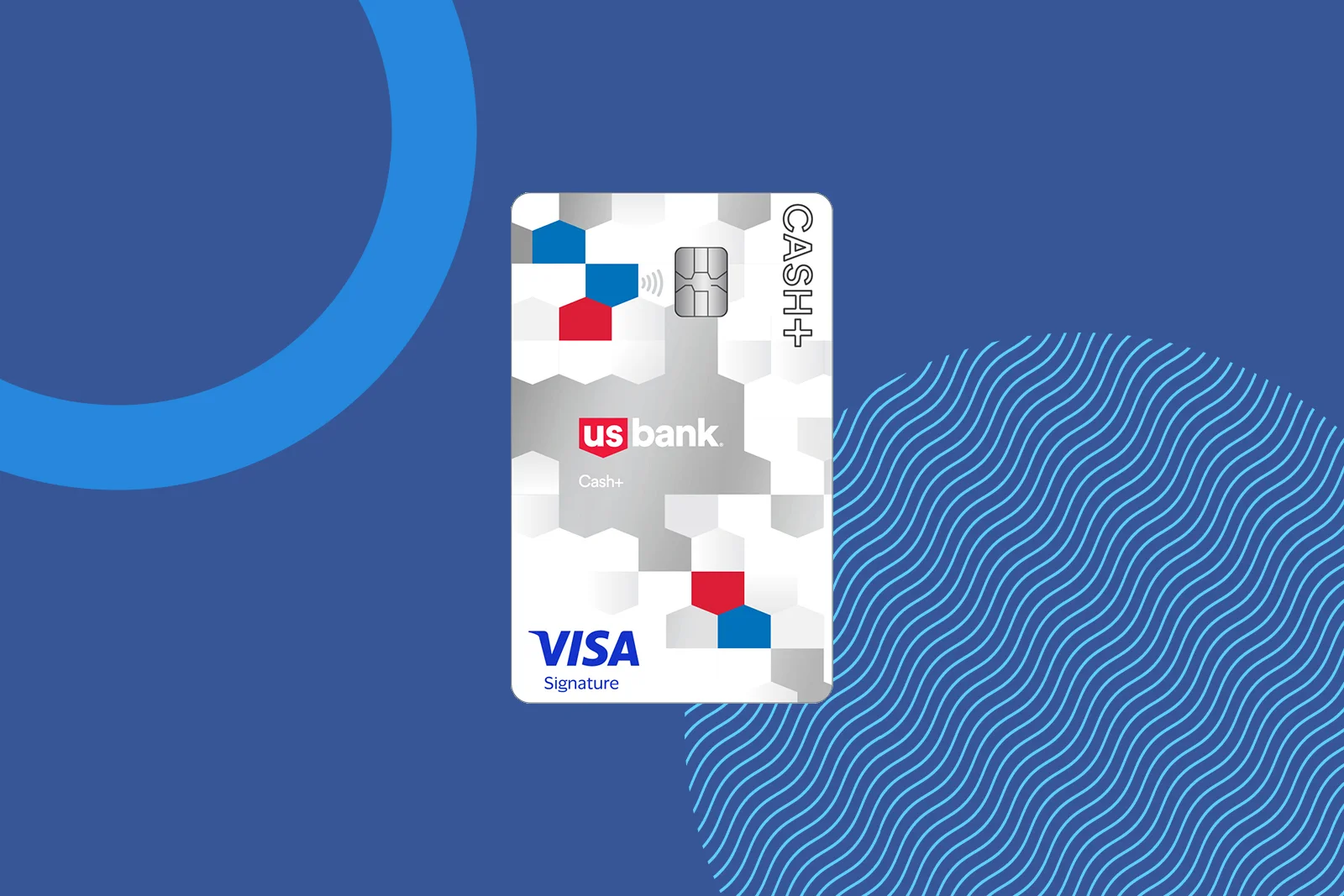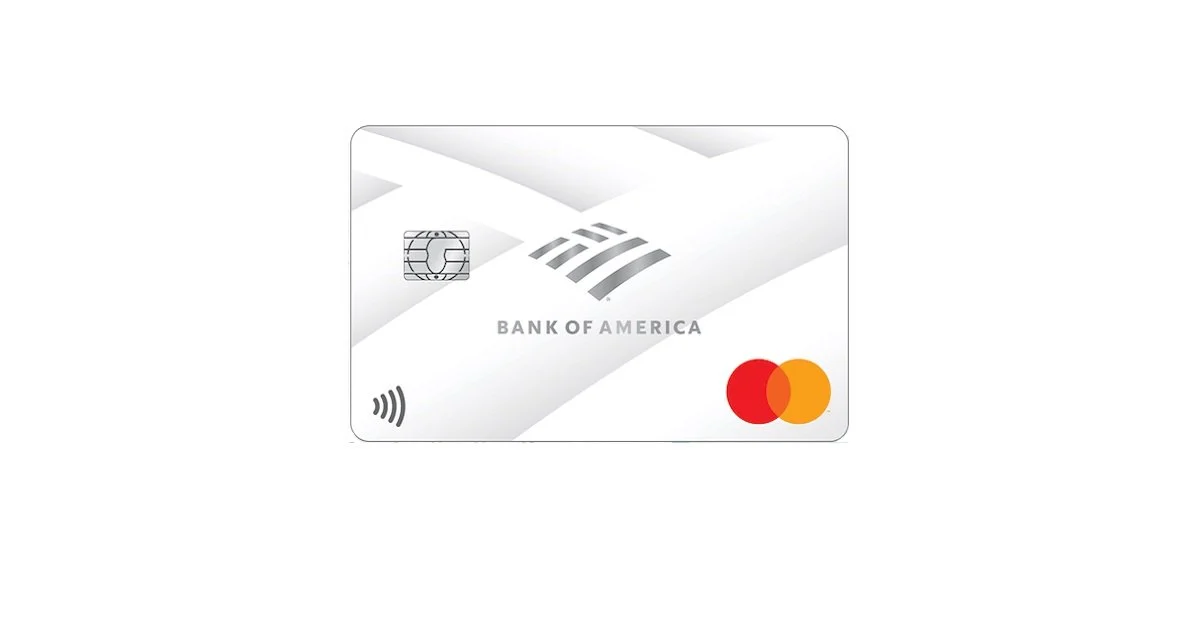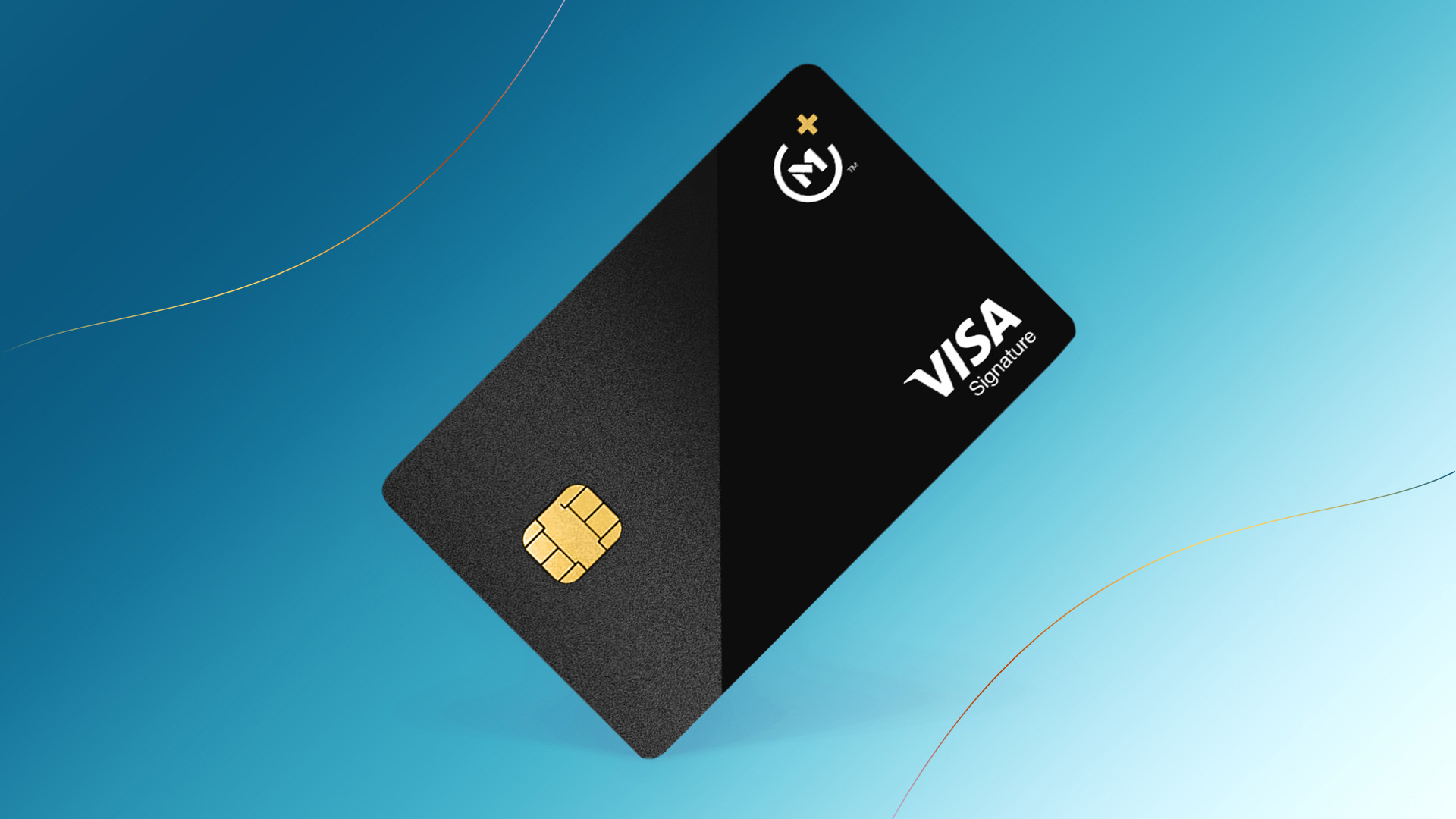The Benefits and Challenges of Using Credit Cards in Times of Economic Crisis

Understanding Credit Cards in Economic Turbulence
In challenging economic times, individuals often find themselves reevaluating their financial options. While credit cards can provide immediate relief as a financial tool, they also come with their own set of complexities and risks. Understanding both the benefits and the pitfalls is crucial for making informed financial decisions that can safeguard one’s economic health.
Benefits of Using Credit Cards
- Access to Funds: Credit cards provide quick access to funds during emergencies or unexpected expenses. For example, if your car breaks down or a medical emergency arises, having a credit card can help cover these costs without the delay of loans or savings withdrawals. This immediate access can be a lifeline in times of financial strain.
- Rewards and Cash Back: Many credit cards offer attractive rewards programs that cater to various consumer needs, such as travel, dining, or groceries. For instance, a card that offers 2% cash back on groceries can lead to significant savings for families. When used strategically, these rewards programs can enhance purchasing power and even offset some costs.
- Building Credit History: Engaging in responsible credit card usage can positively influence your credit score, which is essential for future financial endeavors like obtaining a mortgage or auto loan. By paying bills on time and maintaining low balances relative to credit limits, individuals can build a strong credit history, making it easier to secure favorable loan terms in the future.
Challenges of Credit Card Usage
- Debt Accumulation: One of the most significant risks associated with credit cards is the potential for accruing high-interest debt. Many users may fall into the trap of spending beyond their means, leading to debt that quickly spirals out of control. For instance, charging a $1,000 expense could result in thousands in interest over time if only the minimum payment is made each month.
- Fees and Penalties: Missing payments or exceeding credit limits can result in late fees and increased interest rates, which can aggravate existing financial problems. According to studies, a single late payment can increase your overall debt burden significantly and hinder your credit score.
- Impact on Credit Score: Poor credit card management—such as high balances or missed payments—can adversely affect credit scores, ultimately limiting an individual’s borrowing ability for critical purchases such as homes or cars. Maintaining a good credit score is paramount, especially in turbulent economic periods, when access to credit can be crucial.
Equipped with this knowledge about the advantages and challenges associated with credit cards, users can navigate their options more wisely. By delving into the financial nuances of credit card usage amid economic crises, individuals can make informed choices that do not just alleviate short-term financial pressures but also foster long-term financial health and stability.
DISCOVER MORE: Click here to learn how to apply
Exploring Financial Flexibility and Support
Credit cards have long been seen as a double-edged sword in the realm of personal finance, and their role becomes even more pronounced during economic crises. During tumultuous times, many individuals turn to credit cards to help navigate financial uncertainties, and this reliance can bring both substantial advantages and considerable disadvantages. By examining these dimensions closely, consumers can better understand how to utilize credit cards strategically while minimizing risks.
Strategic Financial Management
- Emergency Preparedness: One of the most salient benefits of credit cards is their utility in emergency situations. A 2022 survey revealed that nearly 39% of Americans reported using credit cards for unexpected expenses, indicating their significance as a financial safety net. The availability of credit allows individuals to tackle urgent costs, such as medical bills or urgent home repairs, without having to dip into often scant savings or resort to high-interest payday loans.
- Enhanced Budgeting Capabilities: Many credit card issuers provide users with detailed spending analyses, helping cardholders keep track of their expenditures across various categories. This feature can be particularly valuable during an economic downturn, as consumers may want to pinpoint areas where they can cut back. For instance, individuals may realize they are overspending on dining out, allowing them to shift their focus to more cost-effective meal preparation at home.
- Grace Periods: Credit cards typically offer a grace period on new purchases, which allows users to avoid interest charges if they pay off their balance within a specified timeframe. This feature can serve as a short-term financial buffer, granting individuals the flexibility to manage cash flows effectively until their next paycheck arrives. Utilizing the grace period responsibly can alleviate the cash crunch that often accompanies economic hardships.
Risk of Increased Financial Strain
- Psychological Spending Traps: While credit cards can facilitate spending, they can also encourage irresponsible financial behavior. Research shows that consumers are more likely to spend beyond their means when using credit rather than cash, leading to potential financial pitfalls. As individuals face emotional stress during an economic crisis, they may be tempted to overspend on non-essential items, which can exacerbate existing debt burdens.
- Underestimating Repayment Obligations: The allure of credit can lead to the misconception that one’s financial situation is more secure than it truly is. This can result in individuals accumulating debt without fully realizing the implications of high-interest rates. Statistics indicate that the average credit card interest rate hovers around 16%, and in some cases, it can exceed 25%. This reality highlights the importance of understanding repayment obligations before swiping that card for everyday purchases.
- Potential for Credit Card Dependency: Over-reliance on credit cards during difficult times can lead to a cycle of debt that is hard to break. As individuals charge their everyday expenses to credit, they may find themselves in a position where they are continually juggling payments and accruing interest, ultimately leading to financial instability. In fact, the Federal Reserve has reported that consumer credit card debt reached a staggering $930 billion in 2023, underscoring the risks of heavy reliance on credit as a coping mechanism.
By weighing the clear advantages of using credit cards—as well as the potential pitfalls—consumers can arm themselves with the knowledge needed to navigate their financial landscape effectively. In a time of economic uncertainty, taking a methodical approach to credit card usage can empower individuals to maintain their financial health while addressing immediate needs.
DISCOVER MORE: Click here to learn how to apply easily
Navigating Financial Decisions with Caution
As credit cards integrate into the fabric of financial management, they also serve as a focal point for critical decision-making during economic crises. With the potential for both support and strain, it is vital for consumers to know how to leverage these tools without falling into detrimental traps. This careful navigation through the credit landscape enables individuals to make informed choices and avoid common pitfalls associated with credit use during volatile times.
Building Credit History and Future Opportunities
- Credit Score Improvement: Using credit cards responsibly can contribute positively to one’s credit score. Individuals who maintain low balances and pay their bills on time can see improvements in their credit rating, which could lead to better financing options in the future—such as lower interest rates on mortgages and auto loans. In times when securing loans may become challenging, a robust credit score can provide individuals with a critical advantage when they most need it.
- Rewards Programs and Perks: Many credit cards come with enticing rewards and benefits that can ease financial burdens. From cashback offers to airline miles, savvy consumers can utilize these perks to offset expenses. For instance, using a credit card to book travel during a financial crisis may help individuals find lucrative deals or discounts. Additionally, benefits such as extended warranties on purchases or purchase protection can offer an added layer of security for essential items.
- Purchase Financing Options: Certain credit cards offer promotional financing options like zero-interest periods on new purchases or balance transfers. This ability to finance a large buy without incurring interest can be advantageous for managing significant expenses during economic downturns. For example, if a consumer needs a new appliance that could enhance energy efficiency, leveraging a zero-interest financing option can alleviate the financial shock of a large upfront payment.
The Importance of Financial Literacy
- Understanding Terms and Conditions: Before diving into the world of credit, it is essential that consumers familiarize themselves with the terms and conditions associated with their cards. Many individuals overlook important details, such as hidden fees and automatic adjustments in interest rates. Educating oneself about these aspects can prevent unpleasant surprises and promote more effective usage during delicate times.
- Establishing a Repayment Strategy: A solid understanding of repayment terms can safeguard consumers from falling deep into debt. Establishing a strategic repayment plan—prioritizing high-interest debts—can mitigate long-term financial strain. Advisors recommend the “avalanche” or “snowball” methods for paying off debt, which can help consumers develop timely repayment behaviors while navigating economic hardship.
- Utilizing Financial Resources: During times of economic distress, consumers can access a wealth of resources aimed at improving financial literacy. Numerous nonprofit organizations offer free workshops and counseling services to teach responsible credit utilization. Engaging with these resources can empower individuals to make astute financial decisions that support long-term stability.
As individuals traverse the complexities of credit card usage during economic downturns, understanding both the opportunities and challenges is crucial. Aiming for conscientious credit management can ensure that these financial tools serve as assets rather than liabilities. With the right strategies and knowledge, consumers can unlock the potential benefits that credit cards offer while protecting themselves from the pitfalls of overspending and debt accumulation.
DISCOVER MORE: Click here to learn how to apply for the USAA Advantage Credit Card
Concluding Thoughts on Credit Card Usage in Uncertain Times
In conclusion, the strategic use of credit cards during economic crises presents both remarkable opportunities and notable challenges. On one hand, credit cards can act as lifelines, enabling individuals to access essential funds, enhance their credit scores, and take advantage of rewarding perks. However, these benefits come with the caveat of potential debt accumulation and hidden costs that can exacerbate financial distress if not managed judiciously.
To navigate this balance, consumers must prioritize financial literacy as an essential tool in empowering themselves. Understanding the terms of credit agreements, implementing sound repayment strategies, and leveraging available financial resources are all critical steps toward sustainable credit use. Empowering oneself with knowledge can translate into better decision-making, ensuring that credit cards serve as assets rather than liabilities.
As we emerge from economic uncertainties, individuals are encouraged to adopt a proactive approach to credit management. This involves regularly evaluating their financial situations, seeking educational opportunities, and remaining vigilant about credit card usage. By doing so, consumers can effectively harness the strengths of credit while mitigating risks.
Ultimately, mastering the art of responsible credit card use can lead to better financial health and resilience against future economic challenges, equipping individuals to thrive regardless of the financial climate. Whether it’s taking advantage of rewards or strategically financing high-cost expenses, the benefits of credit cards can certainly outweigh the challenges when approached with informed caution.


